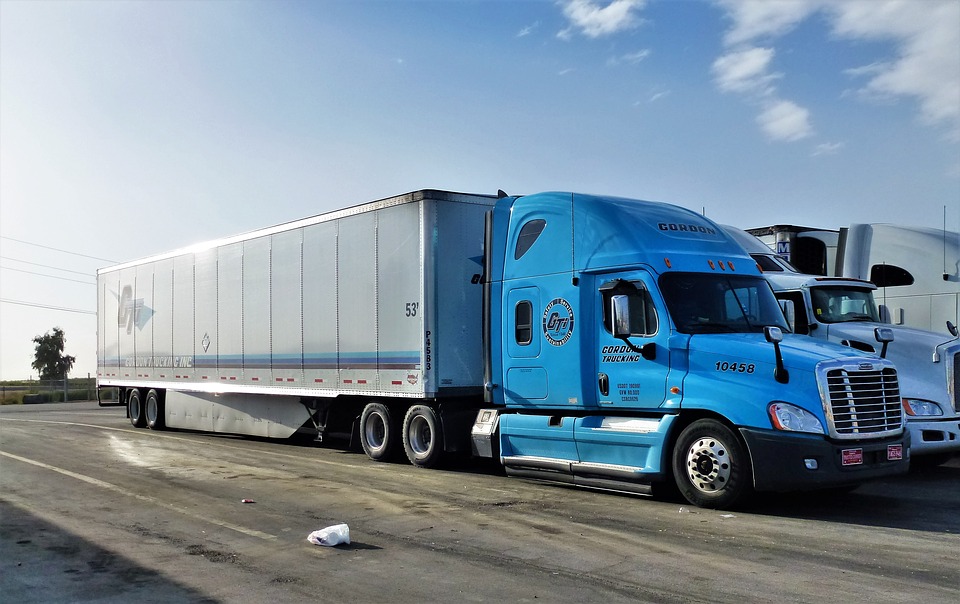
New Jersey is moving forward to adopt a suite of California diesel reduction measures including the Advanced Clean Trucks (ACT) rule and Cargo Handling Equipment (CHE) rules. This is an important step in the right direction, but the rules don’t go far enough, fast enough.
Transportation is the most polluting sector in New Jersey. It emits nearly half of the state’s greenhouse gas emissions and is the largest contributor of local air pollution, which causes a host of health threats. Trucks and buses are responsible for a disproportionate share of this pollution because they run on diesel fuel.
Diesel fuel emissions, which contain the fine particulate known as black carbon, have been linked to asthma, cancer, heart disease, stroke and neurological disorders. New Jersey families that live by busy diesel truck corridors and port communities are often hit the hardest.
While we support the goals of the ACT and CHE rules to reduce diesel emissions, they do not go far enough, fast enough. The rules do not actually mandate the purchase and use of zero emission (ZE) vehicles.
CHE is the off-road diesel powered freight equipment on wheels like forklifts and yard hostlers. They are the workhorses of our nation’s sea and inland ports, marine terminals, airports, intermodal facilities, railyards, and warehouses.
It is especially critical to mandate ZE CHE in already overburdened port adjacent communities and where goods movement and related operations are concentrated. Local dirty diesel emissions from cargo handling at these freight facilities disproportionately impact residents of neighboring communities and drivers, who are more often than not already overburdened by multiple sources of pollution.
In addition, the proposed rules only apply to marine ports and intermodal rail yards. That’s why Clean Water Action has joined a chorus of organizations and residents calling on the New Jersey Department of Environmental Protection (NJDEP) to commit to stronger rules to address pollution at freight facilities throughout the logistics industry including warehouses!
What we are calling for:
- Zero Emission CHE: The proposed CHE rule only calls on CHE owners to use “cleaner” diesel with tailpipe emission controls and Tier 4 diesel engines – not zero emission CHE. Zero emission CHE is proven, cost-efficient technology, and CHE operators in Port Newark love them. Workers have reported having fewer headaches and health problems as opposed to traditional diesel. ZE CHE also has “significantly” lower operating costs.
- The CHE Rule should apply to warehouses, not just marine ports and rail yards. Warehouses are proliferating across the state and are a growing source of diesel pollution.
- NJ DEP should get rid of loopholes that allow continued use of dirty diesel on and off port.
- A faster timeline. The proposed rule’s five-year timeline is too long. The NJDEP should move faster and farther – by speeding up the timeframe so that turnover happens within 2 years.
These CHE rules are part of a larger series of laws, rules and moral imperative to mitigate climate change and reduce a wide range of harms disproportionately felt by port adjacent and primarily low income Black, Indigenous, and People of Color (BIPOC) communities.
In moving New Jersey towards electrification of transportation, goods movement, buildings, etc. it must not be done on the backs of these same impacted communities by continuing to operate and/or construct more fossil fuel power plants to power the grid. If we are to reach our goals with equity and justice in mind, then the grid must be powered by 100% renewable energy and in ways that prioritizes relief for already overburdened communities first.
Clean Water Action testified and submitted public testimony during a public hearing on these rules on February 9, 2022. A final rule could be adopted by the end of 2022 or early 2023. Stay tuned for updates! For more information on this campaign, contact Amy Goldsmith.


